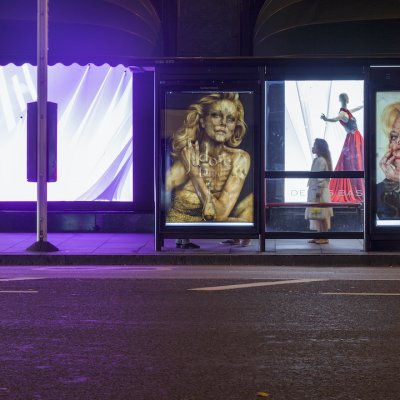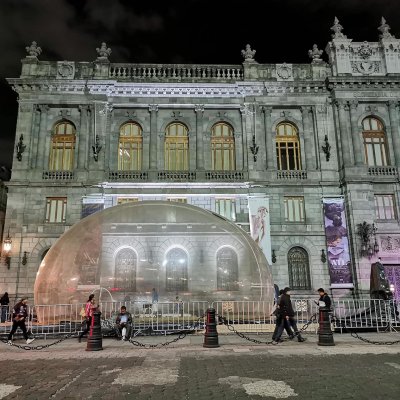Gaming is a special situation with its own specific laws and rules. The “magic” allows a behaviour that would not be welcome outside the game. Today we play (virtual) games everywhere, with strangers, and at different locations. However, a game world with common rules exists anyway. Inside the “magic circle” other rules apply: it is a shelter and shields the avatar from the “real” outside.
Through digitalisation it is not only possible to play asynchronously together (e.g. massive multi player online games; not everyone needs to be online at the same time) - but even more, with mobile devices it is possible to play anywhere and at any time. This phenomenon manifests itself in “analogue” art forms such as theatre, which is not bound to a specific venue anymore, but can take place on the telephone, in different flats or around the city. We are talking about emersion, new experiences. Picture yourself sitting in the subway train, playing a game on your phone while receiving points for the interaction with other passengers.
When are you then inside the “magic circle“, and when are you outside? How does this differ from a world, where everyone knows that reality is constructed and negotiable, and that the chat with your virtual guild-member from World of Warcraft in South Africa is a more enriching experience than talking to the garden gnome collecting neighbour in real life, who is not separated by even a kilometre but worlds apart?
Assuming the games we play today have already lost the “protection” of the “magic circle” – the borders between “inside the game” and “real life” are fluid. Knowledge creates responsibility. Do we need new ethic standards for both, those who create the games and those who play them?
This is not a game. It’s life.
5€ entrance fee. doors open at 19:00 and the talks begin at 19:30. GamesCultureCircle at CODED CULTURES FESTIVAL. check out more here and see the event on facebook.
Speakers:
Fares Kayali (artist)
Felix Bohatsch (indie game designer)
Sebastian Deterding (media researcher)




 9.18.05 p.m..400x400xC.png)
